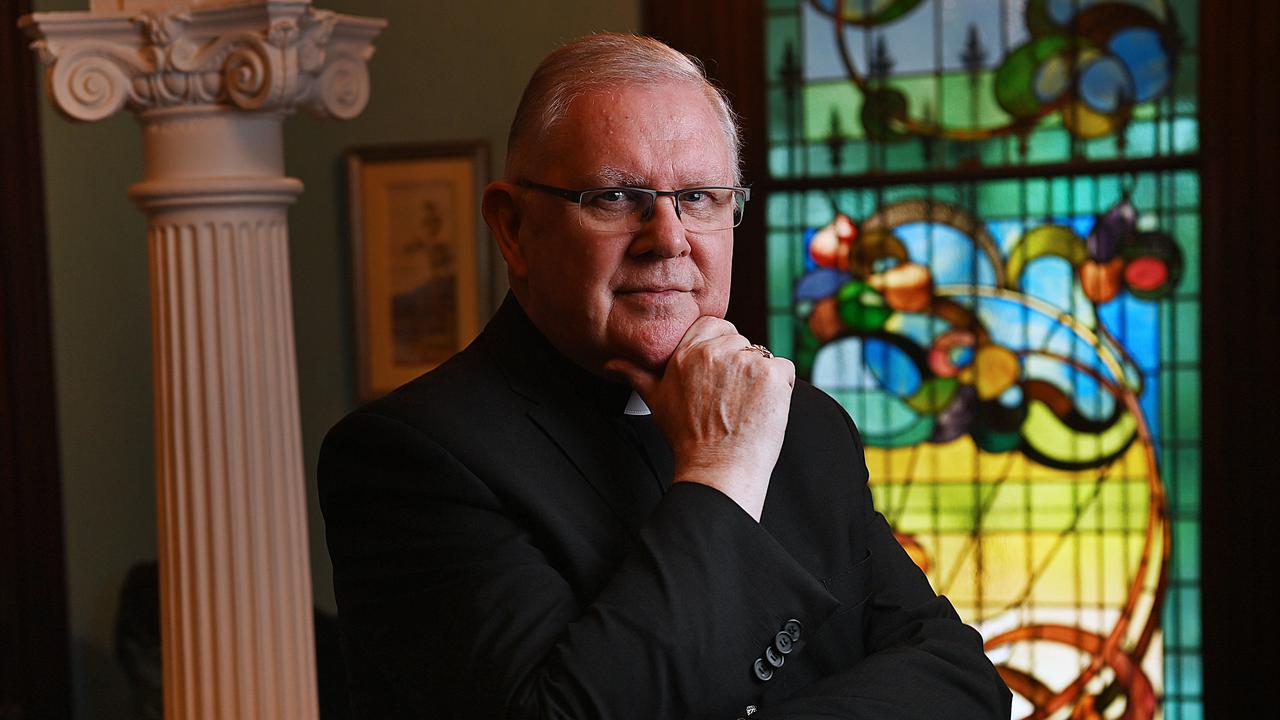Judges give verdict for caution on ‘experimental’ transgender drugs
‘Puberty blockers’ given to children as young as 10 are ‘experimental’ and may be counter-productive, UK court rules.

Puberty blocker drugs given to stop the natural development of transgender-identifying children as young as 10 years of age are “experimental”, suffer from a weak evidence base, and potentially lock-in the bodily distress they are claimed to remedy, High Court judges in the UK have said.
“The treatment involved is truly life-changing, going as it does to the very heart of an individual’s identity,” the court said on Tuesday when upholding a challenge brought by a regretful British “detransitioner” Keira Bell, 23, whose path to a double mastectomy at 20 began with blocker drugs at 16.
“There will be enormous difficulties in a child under 16 understanding and weighing up this information and deciding whether to consent to the use of puberty blocking medication,” the court said.
The test case litigation against the UK government’s only specialist youth gender clinic, known as Tavistock GIDS, has been closely watched around the world, and is expected to increase international pressure for more caution in treating minors who declare a trans identity and are diagnosed with the bodily distress of gender dysphoria.
Ms Bell, who fears she may be unable to bear her own children following blockers and testosterone drugs, said medicalised gender transition and living as a man had turned out to be “a very temporary, superficial fix for a very complex identity issue”.
She said the court’s “judgment will protect vulnerable young people — I wish it had been made before I embarked on the devastating experiment of puberty blockers. My life would be very different today”.
The Tavistock clinic said it was “disappointed” with the ruling, which was “likely to cause anxiety for patients and their families”.
The clinic immediately stopped any more referrals of young people to endocrinology for blocker drugs, which have been promoted around the world as a life-saving “pause button” for trans youth facing the distress of going through “the wrong puberty”.
Puberty blockers are given around age 10-12 to suppress natural hormones and put on hold the development of secondary sex characteristics such as breasts or beard growth, as the first of a three-stage Dutch medical model published in 2006 for trans-identifying under-18s diagnosed with gender dysphoria.
The second stage is cross-sex hormones around 16 to mimic the desired, opposite puberty, and less frequently a third stage of trans surgery such as mastectomy, sometimes as young as age 13 in the US and 15 in Australia.
Multiple adverse findings by the court about puberty blocker treatment, its justification and management, and the central issue of informed consent for young people, have potential significance for gender clinics in Australia and elsewhere operating under the so-called “affirmative” treatment approach with its life-altering medical interventions.
Australia’s largest youth gender clinic, at the Royal Children’s Hospital in Melbourne, has promoted the “gender affirming” medical model nationally with its 2018 treatment guidelines for under-18 gender dysphoria, which have been hailed by Victoria’s government as “the world’s most progressive”.
Ms Bell’s lawyer, Paul Conrathe of British firm Sinclairslaw, said Tuesday’s High Court ruling by Dame Victoria Sharp, sitting with Lord Justice Lewis and Mrs Justice Lieven, was a “historic judgment that protects children who suffer from gender dysphoria (and) a damning indictment of clinical practice at the Tavistock”.
He called on Britain’s Conservative government to hold a public inquiry into the gender clinic’s “culture of unreality” about informed consent, and said “effective treatment options” were urgently needed for children and adolescents diagnosed with gender dysphoria.
Key findings of the judges include:
* consent issues may be so fraught that clinicians would be wise to seek court approval before treatment even for minors aged 16 and 17 who request cross-sex hormones
* puberty blockers for gender transition are “experimental” because there is very little evidence for their benefit and their long-term effects are little understood
* it is misleading to reassure patients that blockers are “fully reversible”, partly because children put in a state of suspended puberty may be unable to recover a period of lost physical, psychological and social development
* those who start on blockers typically do not “unpause” them but go on to irreversible cross-sex hormones, and so informed consent to blockers must take into account the ability of a very young child to consider the risk that this combined treatment will leave them unable to have their own children and with impaired sexual function as adults
* puberty blockers may lock-in, rather than relieve, gender dysphoria, and past research suggests it is possible that young patients given time to mature will recover from the condition without any invasive treatment
* it is misleading to claim a safe track record for trans puberty blockers based on the same drug’s established use with “precocious puberty” around the age of 7, where hormone suppression simply delays the early onset of puberty until the child attains the average age for a start to puberty and can develop in sync with peers.
“Many mainstream doctors are simply unaware that children’s hospital gender clinics carry out invasive medical treatments based on low-quality evidence, according to a new global watchdog body.†https://t.co/0kYgEKFpZI @australian | https://t.co/UJecJmv5Pc | #health @will_malone
— Bernard Lane (@Bernard_Lane) March 4, 2020
The court made clear it was not seeking to decide the global medical debate about the best treatment response to gender dysphoria but had to resolve whether young people were legally capable of consenting to interventions involving such uncertainty and potentially profound effects.
The judgment acknowledged testimony from Tavistock patients grateful for blockers, including “N”, an 18-year-old trans woman who said the treatment “may very well have saved my life”.
“I had the time necessary to think about my situation and decide on further courses of action,” N said.
“This also helped my mental health as it gave me significantly less issues overall, allowing me to focus and concentrate on aspects in my life alongside my gender identity, rather than my fears of puberty and development overtaking everything else in my life.”
“Gender affirming” clinicians argue that blockers reduce suicide risk but the evidence for this claim is contested.
Asked about local implications of the Tavistock ruling, a spokeswoman for RCH said its gender clinic “undergoes regular and rigorous clinical review and complies with Australian law.
“While the UK’s High Court decision is not legally binding in Australia, we will monitor closely developments in the UK and any potential implications for trans children and young people.
“Our primary aim remains to ensure that trans children and young people continue to receive the highest possible quality care.”
The Australian sought comment from the Australian Professional Association for Trans Health, an organisation for “gender affirming” practitioners and trans activists.
Readers seeking support and information about suicide prevention can contact Lifeline on 13 11 14



To join the conversation, please log in. Don't have an account? Register
Join the conversation, you are commenting as Logout